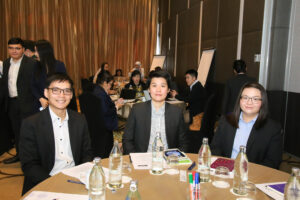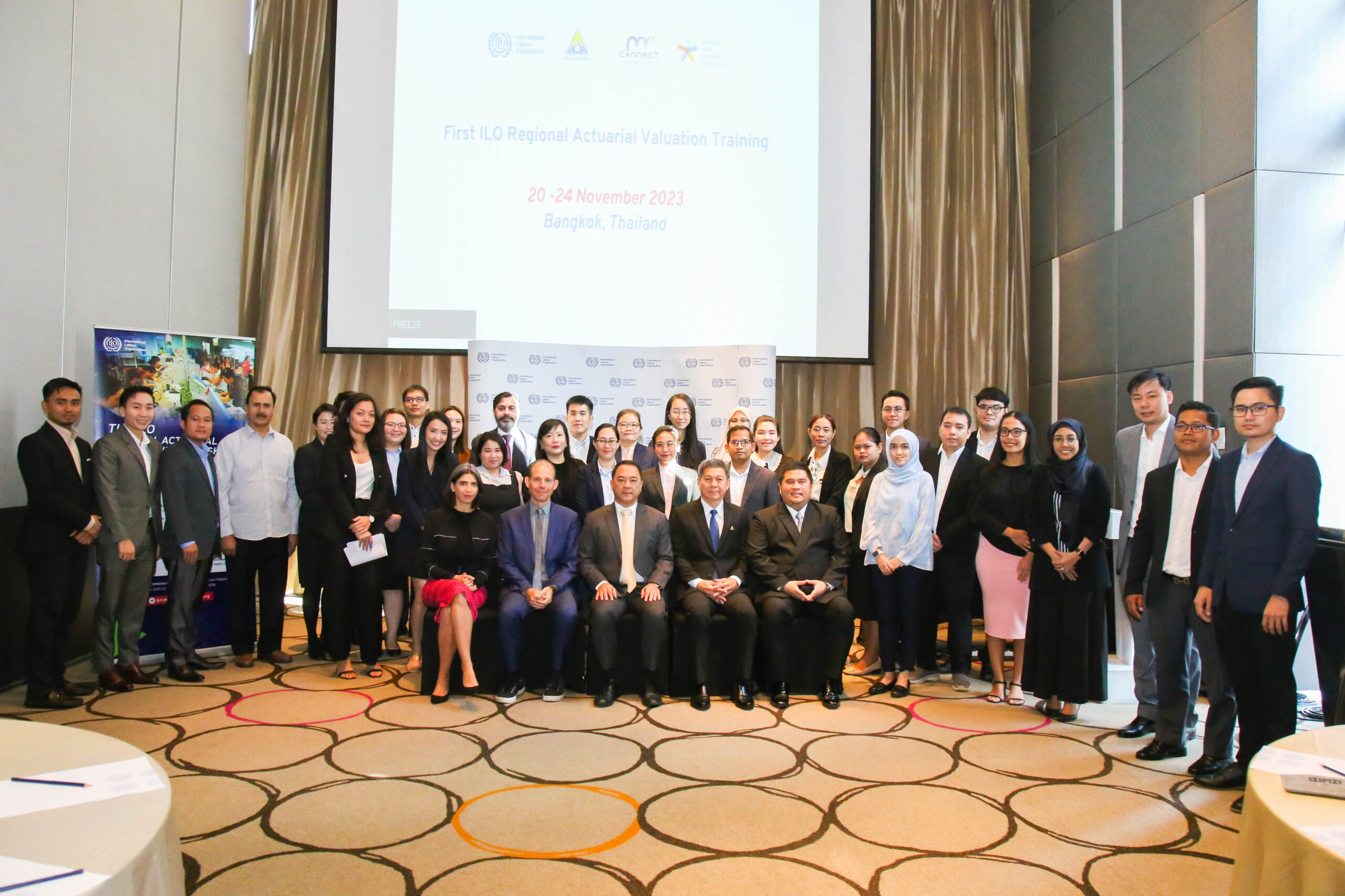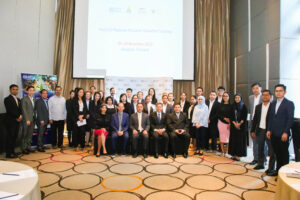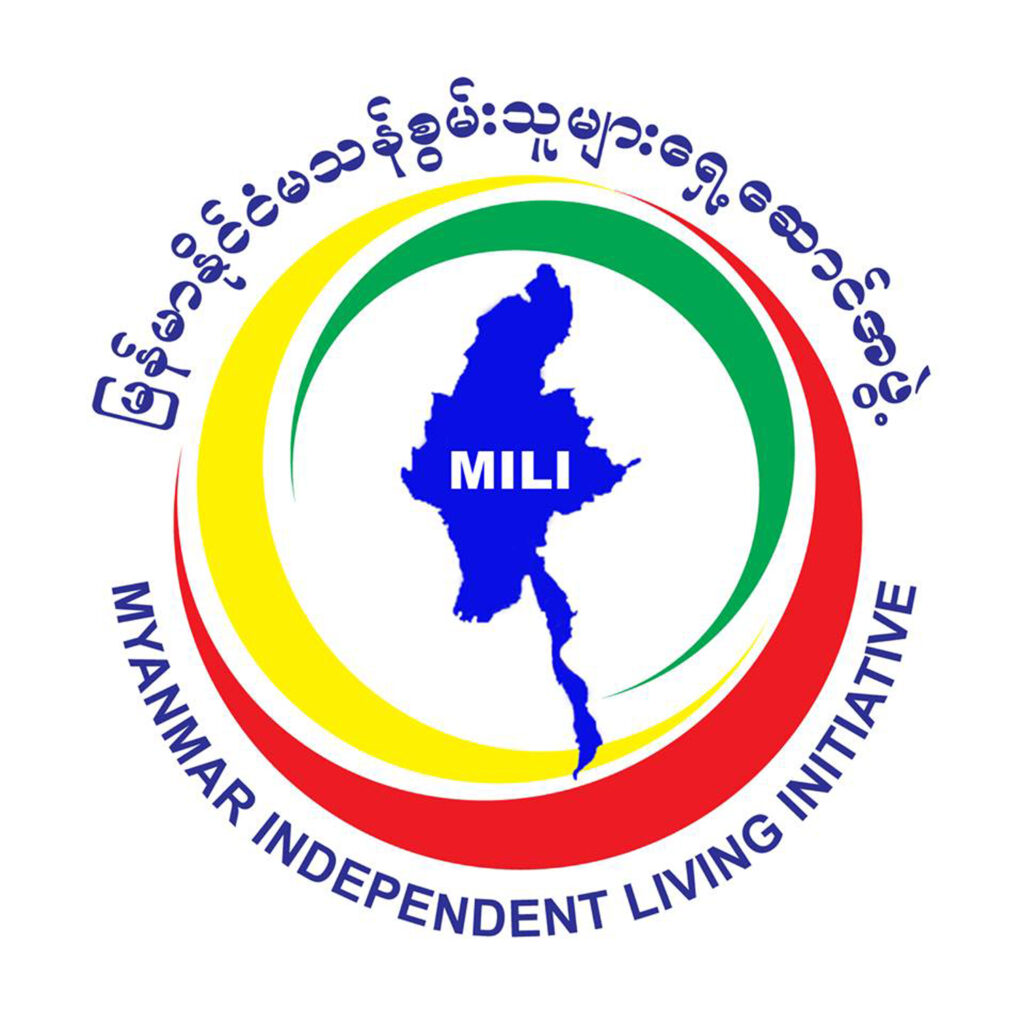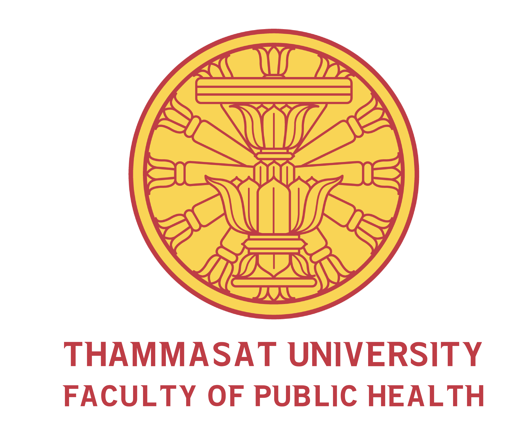Strengthening the capacity of those undertaking and managing actuarial work is vital if social security systems – which are under increasing pressure from ageing populations and fundamental changes in the world of work – are to continue providing adequate benefits on a sustainable basis, participants at a workshop in Bangkok heard recently.
With the actuarial valuation, which is an estimate of a scheme’s financial position at any time, fundamental to decisions on social security policy and financing, the International Labour Organization (ILO) held training in Bangkok from 20-24 November 2023 for staff undertaking and managing actuarial work within social security institutions.
Taking part were over 40 participants – some currently undertaking professional actuarial examinations – from Cambodia, Indonesia, Lao People’s Democratic Republic, Malaysia, Pakistan, Thailand, and Viet Nam, all aiming to develop their actuarial valuation skills and exchange experiences.
“Decisions on social security policy and financing have to be based on solid actuarial evidence. This training responds to the need for further capacity-building as well as a shortage of actuarial valuation training opportunities in the Asia-Pacific region,” said Simon Brimblecombe FIA, ILO Chief Technical Adviser, Head of the ILO Regional Actuarial Service Unit in the Asia Pacific region.
“In line with the ILO ISSA Actuarial Guidelines , social security institutions should aim at creating an internal actuarial department responsible for much of the actuarial valuation work. ILO has been partnering with social security institutions for many years to build up these internal resources as well as providing technical actuarial and investment support,” he added.
During the event, experts shared experience and perspectives on various facets of actuarial work in social security including the importance of a well-resourced actuarial department and its impact on policy innovation and the investment of social security funds. The training also included sessions on health, pension and unemployment insurance provision.
“The timing of this workshop is great for my country because right now we are in the process of reforming our civil servants’ pension as well as our national pension. Right after this, we will use the concept and knowledge gained from the training to deepen our analysis and actuarial work on this reform,” said Dessy Minarni Bonita, Policy Analyst Social Insurance and Pension, Indonesian Ministry of Finance.
Speakers from organizations including the Office of the Chief Actuary Canada, Mahidol University, the Central Bank of Malta, the Institute and Faculty of Actuaries and Compenswiss took part in the training.
“The training aims to equip participants with essential knowledge and practical skills to contribute to their country’s actuarial valuation and analysis of social security schemes,” says Marielle Phe Goursat, programme manager at the ILO.
“It is also providing a great space for peer learning, notably enabling participants to share the strategies their countries are implementing to overcome challenges they are facing in conducting actuarial analysis and building their own expertise,” she added.
Samart Pattamasukhon, the Inspector General of the Ministry of Labour of Thailand, echoed the benefits of taking a regional approach. “The training is not only to enhance our technical capacities but also to foster long lasting international relationships and to strengthen the social security network, leading to a brighter and more secure future for our people,” he said.
The training was jointly funded by the regional ILO-Luxembourg Project “Building social protection floors for all: Support to the extension of social health protection in Asia” and the Thailand Social Security Office funded project “Strengthening Social Security Office capacities in policy design with a focus on research and actuarial services”, in collaboration with CONNECT . CONNECT is a pioneering multi-stakeholder network of public institutions and non-for-profit organisations in the Asia Pacific region, working together to bridge gaps in Social Health Protection
.